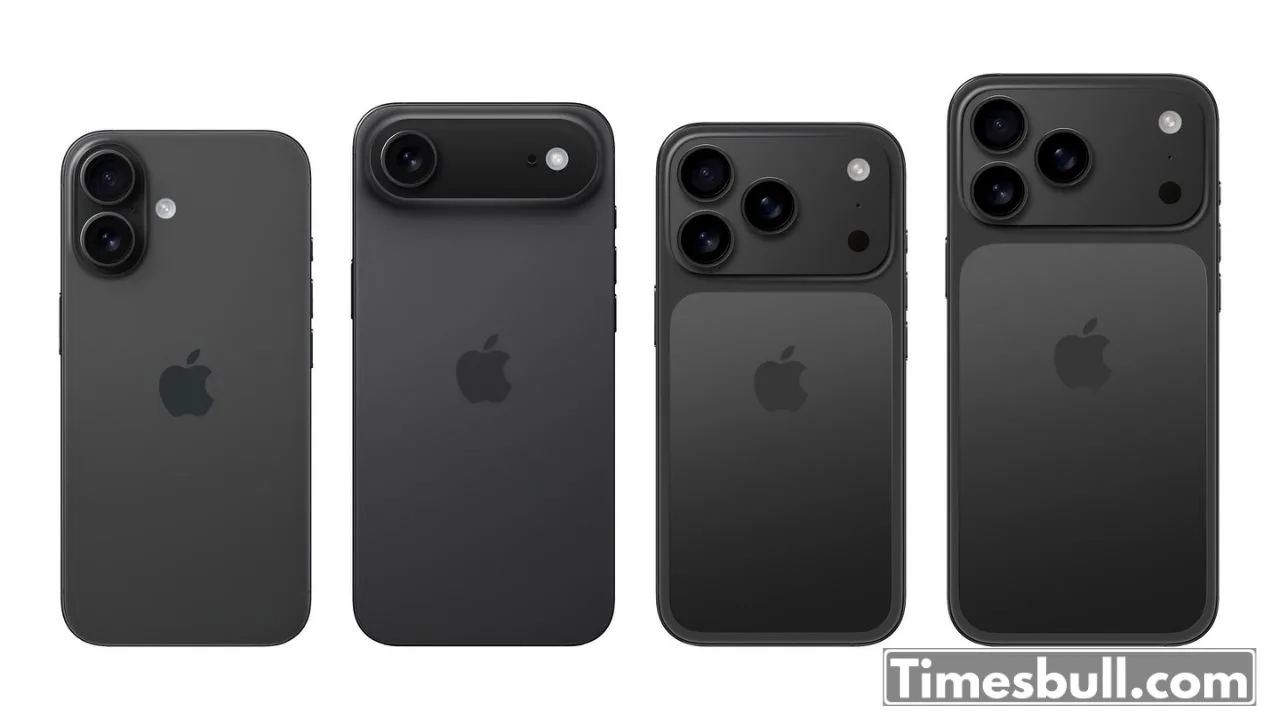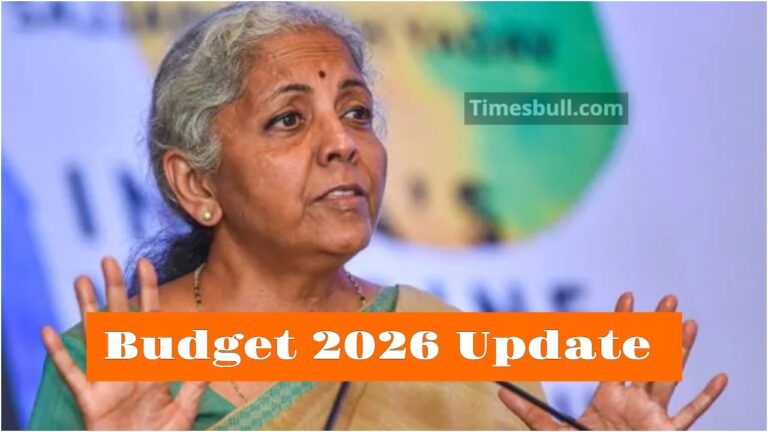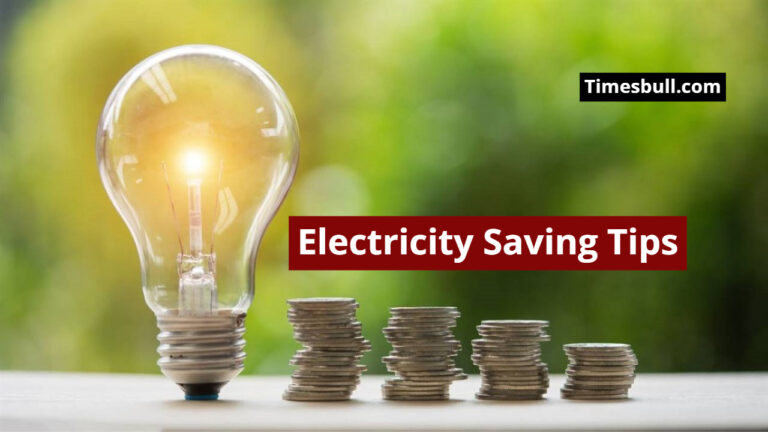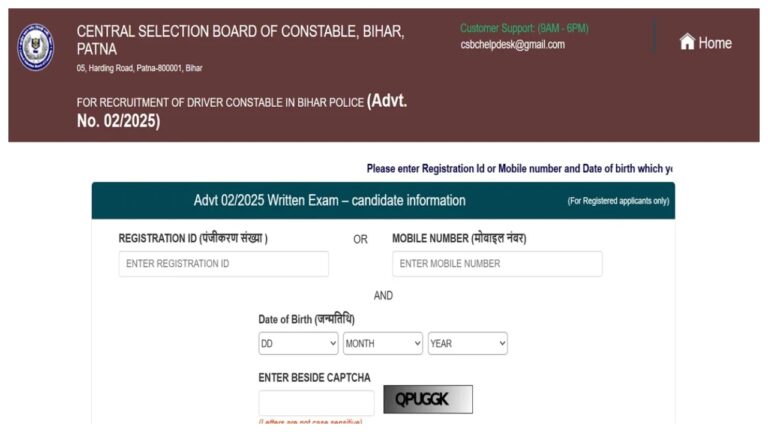Apple iPhone 17 Series: Apple is developing a very special and new feature for the iPhone 17 series, which will launch in 2025 with iOS 19. This feature will smartly reduce battery consumption by understanding the user’s personal habits and phone usage patterns with the help of AI (Artificial Intelligence). In this way, Apple wants to provide better battery performance even in small and ultra-thin models like iPhone 17 Air, which has been a big challenge for it as its battery capacity can be quite low. The purpose of this new AI-driven feature is to make the battery last longer and make power consumption efficient, so that the user does not have to worry about the phone charge throughout the day.
How will AI based battery management work in iOS 19?
This new feature of Apple is completely different from traditional battery saving features. Most smartphone battery saving modes run on fixed settings and rules, such as closing some apps or reducing screen brightness. But Apple’s AI model understands user behavior at a deeper level. This feature is trained on iPhone user data to understand which apps are used when and how, when the user uses the phone the most, and which apps consume more power in the background. With the help of this information, AI automatically controls background apps, prioritizes processor power for essential apps, and reduces unnecessary power drain. In this way, this smart method helps the battery last longer.
Battery challenge and AI solution for iPhone 17 Air
The most important feature of the iPhone 17 Air will be its ultra-thin body, which is expected to be less than 6mm thick. Such a thin design makes the phone very slim and light, but it leaves less space for the battery. Due to this, the battery capacity of the iPhone 17 Air may be less than that of the iPhone 16, which can be even less than about 3,561mAh. Getting a phone to last longer with a small battery is a big challenge, especially for users who use the phone for a long day. Apple is relying on AI-based battery optimization technology to meet this challenge. AI will manage the phone’s energy consumption in such a way that the user does not have to be disappointed even with a low battery and can get a full day’s battery life.
Importance of real-world data for AI training
Apple is training this AI system on data collected from iPhones being used in the real world. This real-world data makes the AI smarter, as it understands the real usage habits of the phone, such as when which apps are running more, when the user uses the phone more or less, and which power-intensive processes run in the background. With the help of this data, AI individually manages the battery according to the needs of each user’s phone, which reduces power waste and increases battery life. This AI system continuously learns and improves its decisions over time.
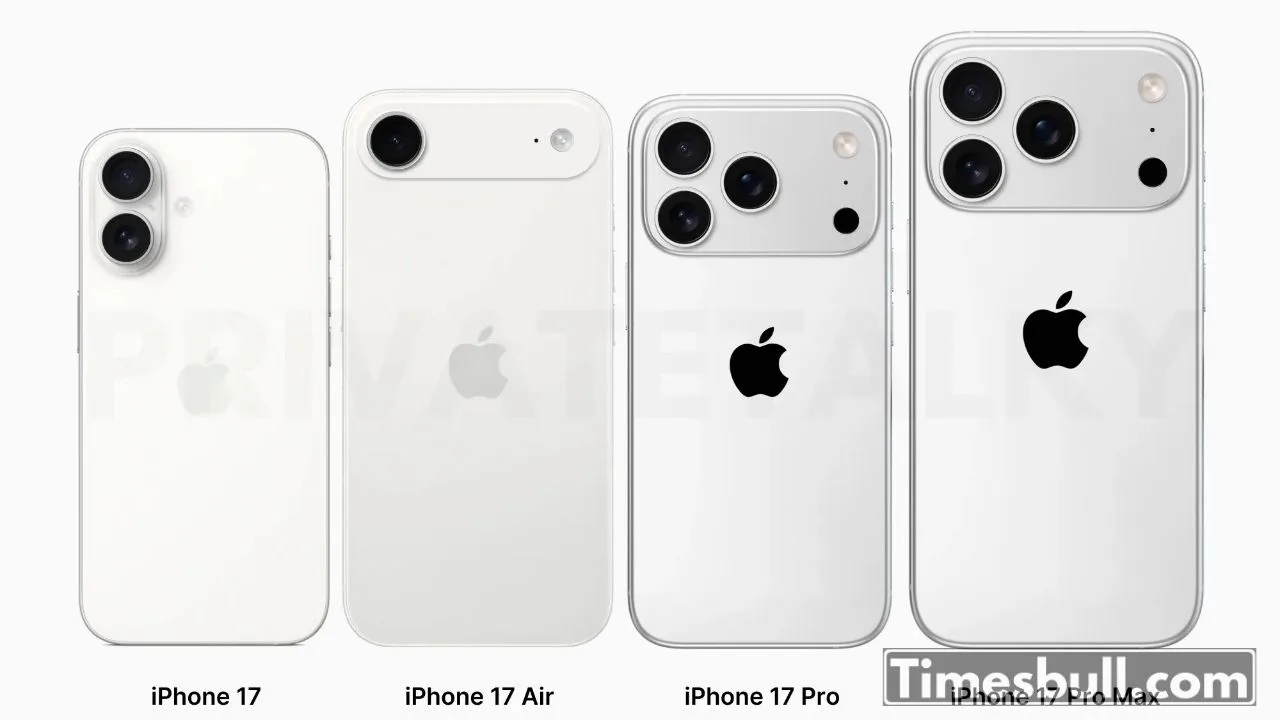
Apple’s different strategy compared to Samsung and other companies
Although Samsung has not yet officially announced AI-based battery saving features, its high-end phones like the Galaxy S25 Ultra have very good battery performance due to large batteries (above 6,000mAh) and efficient hardware. Samsung’s focus is on higher battery capacity and efficient hardware, which reduces power draw. At the same time, Apple’s focus is on meeting hardware limitations with the help of software, especially in smaller and thinner phone models. With the help of AI, Apple analyzes user data and does background power management, so that more work can be done even with less battery.
Combination of AI with A19 chipset
The iPhone 17 series will use the A19 chipset, which is considered to be more energy efficient than before. This chip has the ability to run high performance in less power, which combined with AI-based battery management will further improve the phone’s battery life. This AI feature that comes with iOS 19 can also be included in watchOS 12 and macOS 16, promoting battery saving technology across Apple’s entire ecosystem.
Can hardware shortcomings be completely eliminated with software?
While AI-driven battery optimization sounds very smart and impressive, it remains to be seen whether it will be able to fully cover the limitations of hardware with small batteries. The challenge will remain when power-intensive activities like heavy gaming, video streaming, or multitasking have limited battery. Still, this AI technology can set a new standard in battery management and make the user experience much better.
New hope in iPhone 17 Air battery with AI
Apple’s AI-based battery optimization feature can make the iPhone 17 Air a smarter and longer-lasting smartphone despite its small battery. This technology will increase the battery life of the smartphone by controlling battery consumption according to the user’s individual usage. If Apple’s attempt is successful, it will prove to be a new milestone for battery saving in the smartphone industry. For users, this feature will reduce the worry of power backup and give a better mobile experience.
